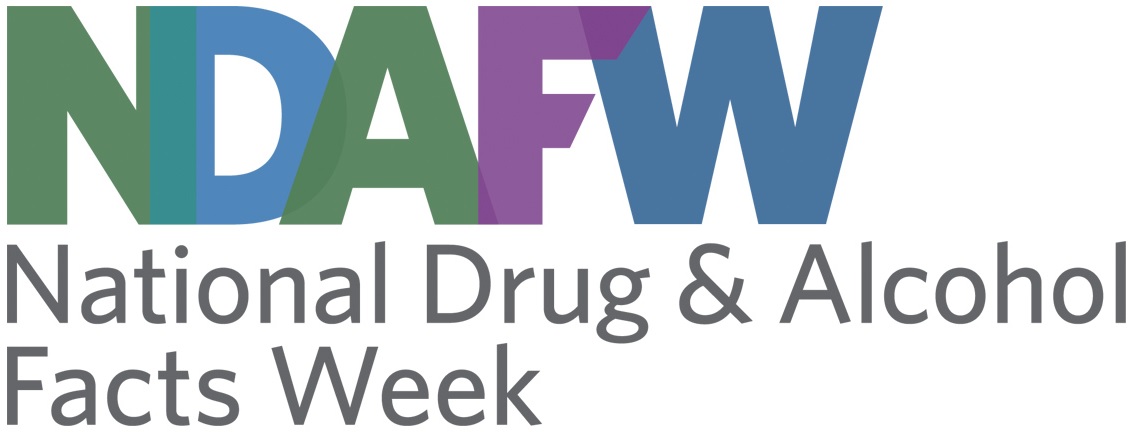National Drug and Alcohol Facts Week - Day 2
By Sarah Hollowell
- 2 minutes read - 368 wordsDay Two
We are very interested in what you have to say and encourage you to talk freely about drugs and drug use. Your privacy is also very important to us. This event should provide a safe and supportive environment. We pledge to you and each other to respect the comments and privacy of others. In order to keep a safe environment for sharing information, we’ve set up the following ground rules:
- Treat everyone with respect and fairness.
- Avoid using real names, addresses, telephone numbers, etc.
- Do not share personal information you hear at this event.
Why do teenagers always seem to do dumb stuff?
Well, biologically, there are a few reasons. First, social acceptance can outweigh good decision making as the area responsible for social development (the prefrontal cortex) is still developing. Second, there is a process in early adolescence where the brain begins eliminating or “pruning” unused neural pathways to make room for all the new information. This process begins at the back of the brain and the aforementioned pre-frontal cortex matures a bit later. This area, as we know, guides social behaviors and along with the desire to be accepted, the inhibitions that come from a fully mature brain are not there yet. In the words of psychologist David Walsh, you have a fully functional car but it’s missing the brakes. Risky behavior is even more prominent at this time because impulse control is not fully developed either.
All of this growth in the brain is not complete until our mid-twenties! It is hard to fathom the harm done by our risk taking and impulsivity with substances during those crucial years.
Now, with that information in mind, can you imagine how drugs and alcohol may have negatively impact brain development in this period?
What are some things that you remember from addiction or adolescence that may be explained by the underdeveloped pre-frontal cortex of youth? What was addiction and what was “normal” adolescent development? Can you differentiate?
Please share your thoughts in the comments so we can create conversations around recovery and the science behind it!
Sources: https://www.ncbi.nlm.nih.gov/pmc/articles/PMC3399589/
Enjoy a Talented Tuesday!
See you tomorrow for more thought provoking information!
